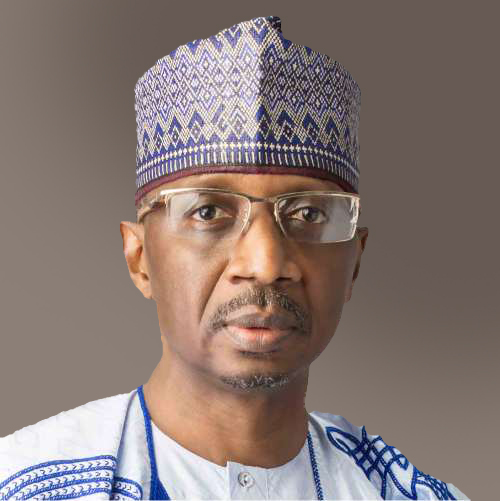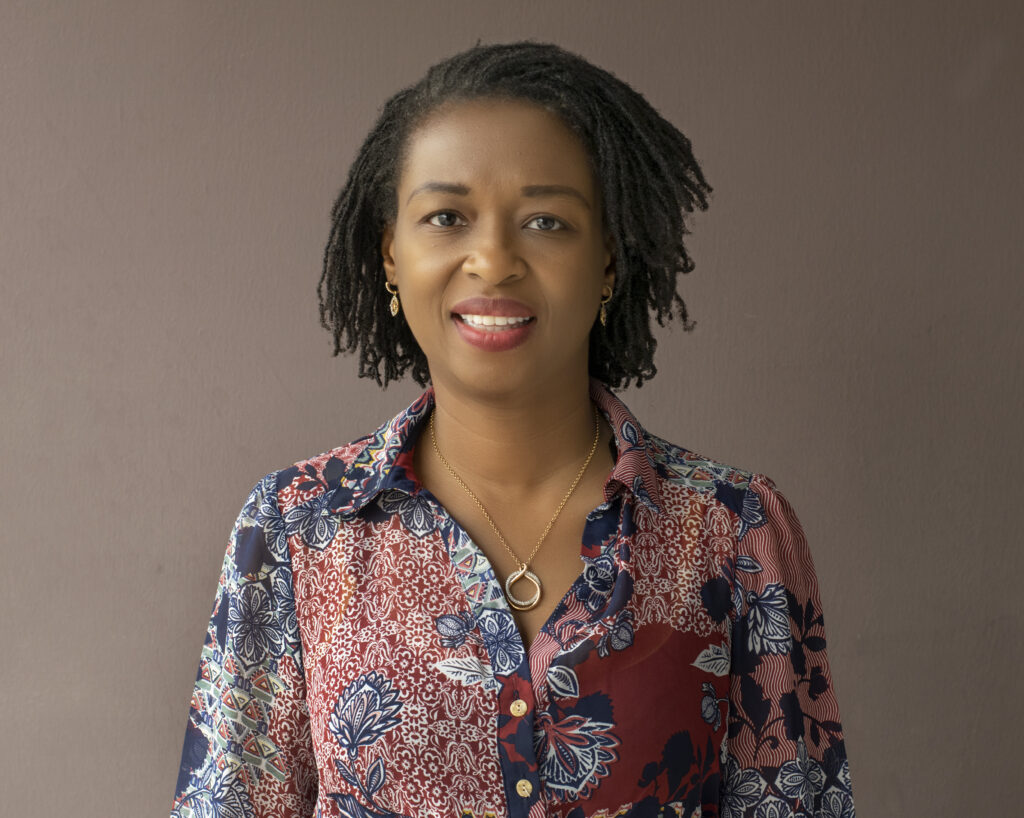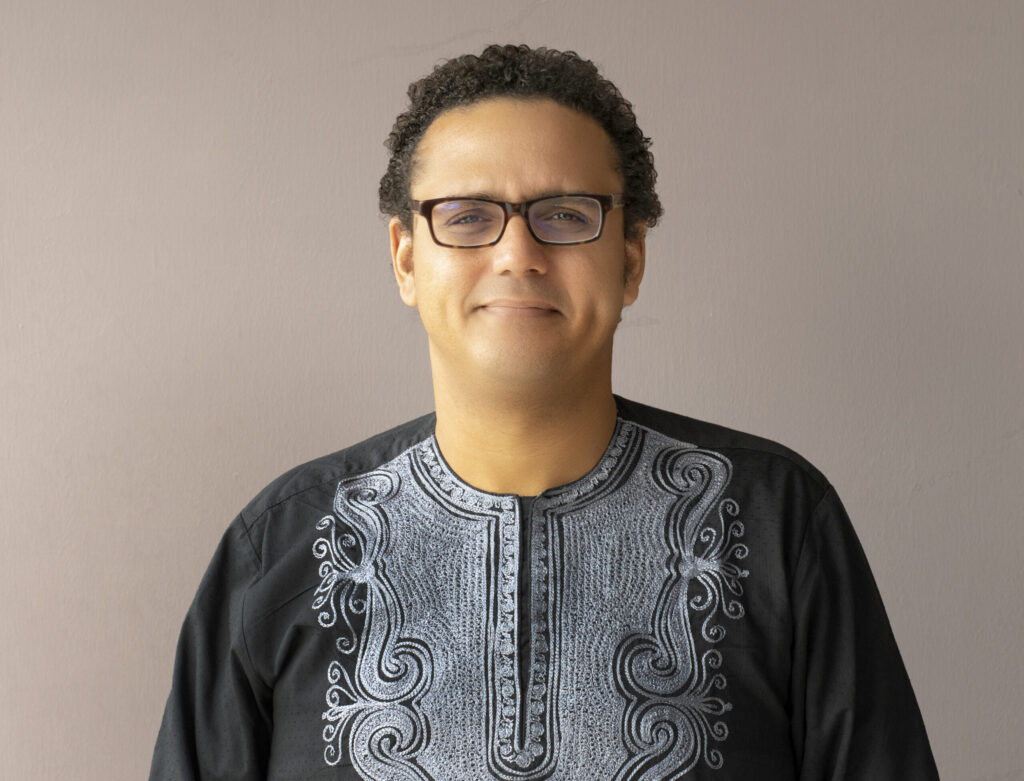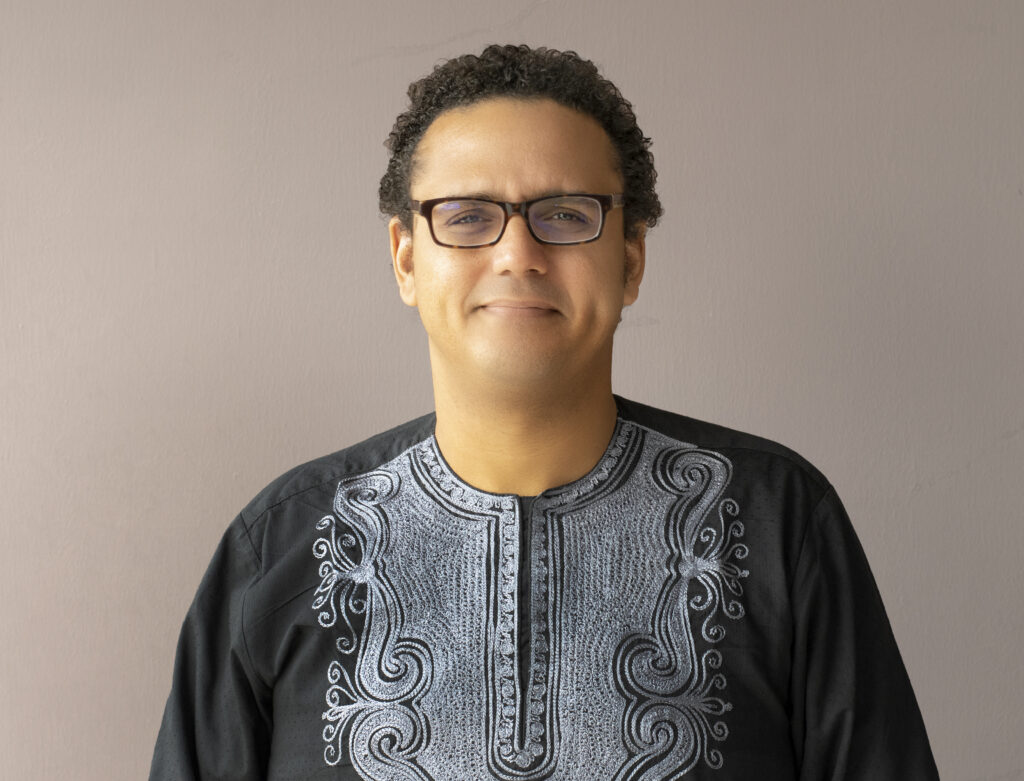
Although the Nigerian agricultural value chain is highly underdeveloped, it is estimated to be worth $85 billion. The continent of Africa holds 60% of arable land which are uncultivated in the world and 13% of those are in Nigeria, only 34 million hectares have been cultivated from 82 million hectares of arable land.
Agriculture’s contribution to the nation’s GDP and export earnings have steadily declined from 1970 to the late 2000s, due to Nigeria’s focus shifted to petroleum exploration. The agricultural sector has contributed an average of 23.5% to the country’s national GDP and generated 5.1% of export earnings over the past five years.
The fall in the prices of crude oil has triggered conversations around the role of Agriculture in Nigeria in the economic diversification of the country.
The NIGERIAN Agricultural value chain
The agricultural value chain goes beyond the activities around smallholder farmers and consumers; it gives added value at each stage of the production, marketing and consumption process. The World Bank defined the term “value chain’’ as the “full range of activities that firms and workers do to bring a product from its conception to its end use and beyond.”
Representation of the Agriculture Value Chain
The agriculture sector is still largely underdeveloped, in spite of the policy interventions by the Government, mainly because the focus has been on production, rather than on improving value addition across the value chain.
In order to enhance productivity and create a multiplier effect on the value chain segments. A significant mindset shift is needed, the government’s focus should be on investments that encourage increased productivity and the ability to capture a higher value includes the following key areas: transport infrastructure; power for processing, chilling, drying, and or packaging produce; research and extension services in new storage practices, processing and packaging technologies; and education and training in product marketing.

Challenges in the Nigerian Agricultural value chain
Significant challenges faced in the upstream of the Nigerian agricultural value chain are:
1. Paucity of Resources
The increase in agricultural production in Nigeria has been stifled by the limited availability of inputs. A lot of smallholder farmers lack the required seedlings, fertilizers, and water for production activities. Also, the process of acquiring land and property legally is time-consuming and expensive, and this discourages agricultural activities.
2. Constraint to Improve Yield
The slow adoption of mechanized farming in Nigeria has significantly reduced the quality of agricultural products. Access to modern agriculture equipment and the limited availability of skilled workers has affected the adoption of technology. The slow investments in irrigation systems, water pollution, increasing deforestation, have impacted the quality and availability of water for improved agricultural production.
On the other side of the fold, the downstream area key challenges of the agriculture value chain are:
1. Sales & Logistics
A study conducted in Kwara State found that the high cost of transportation, bad roads, and long distances from the farms to the market negatively influence the sale of agricultural produce. Almost the same is obtainable in most other states, the problems associated with farm-to-market are defective road networks, limited access to market information to identify domestic and external opportunities, and substandard logistics infrastructure. It is even worse when trying to transport agricultural produce from one state to the other.
2. Financial Constraints
Developing the agriculture sector requires long term and affordable financing across the value chain segments. Over the years, the government has enabled several financing interventions in the sector. However, the sustainability of the intervention schemes and bureaucracy for smallholder farmers has been a major constraint to increasing credit growth accessible to the agriculture sector.
3. Trends in Regulations
The Federal Ministry of Agriculture and Rural Development (FMARD) is the umbrella body, focused on ensuring sustainable access, availability and affordability of quality food. Other regulators include Standard Organisation of Nigeria(SON), National Agency for Food Drug Administration and Control (NAFDAC) and Federal Produce Inspection Service (FPIS). Limited manpower and inadequate funding has constrained the impact of regulatory activities in the agricultural value chain. This has limited their quality assurance and oversight functions.
Reference for Challenges in the value chain : https://theamateurpolymath.com/2020/06/24/the-agricultural-value-chain-challenges-and-opportunities-in-nigeria/





